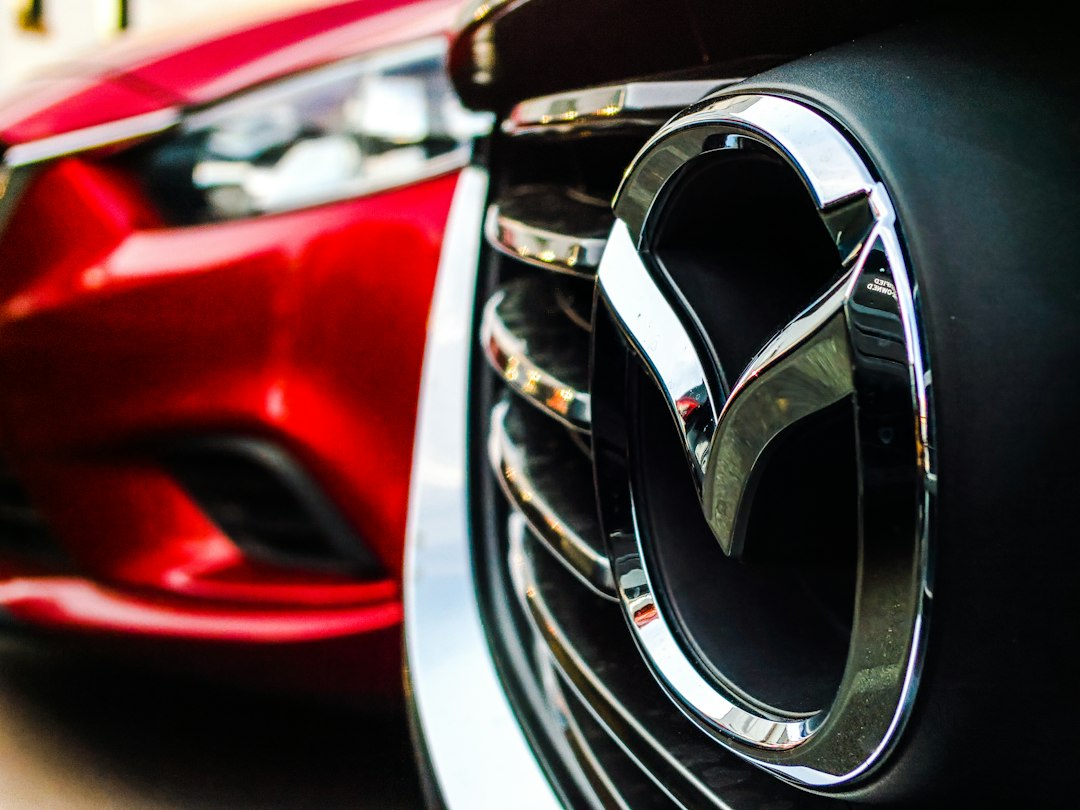Tips for Buying a Used Car: What to Look for and Avoid
Buying a used car can be a smart and cost-effective decision. However, it is crucial to be cautious and diligent throughout the process to ensure you get a reliable vehicle that meets your needs. In this blog post, we will discuss some essential tips for buying a used car, including what to look for and avoid.
1. Determine your budget: Before starting your search, know how much you are willing to spend on a used car. Consider all the associated costs, including insurance, maintenance, and taxes, to avoid any financial strain down the line.
2. Research extensively: Start by researching different models that fit your criteria, such as size, fuel efficiency, and reliability. Look for models known for their durability and low maintenance costs. Check online resources, read reviews, and seek advice from experienced car owners to ensure you make an informed decision.
3. Inspect the car thoroughly: Before purchasing a used car, take it for a test drive and carefully inspect its condition. Look for signs of accident repair, such as mismatched paint, uneven gaps, or any other indications of previous damage. Inspect the tires, brakes, headlights, and other major components to ensure they are in good condition.
4. Get a vehicle history report: Request a vehicle history report, which provides crucial information about the car’s past, including accidents, repairs, and mileage. This report will help you identify any potential issues and decide whether the car is worth investing in.
5. Have a trusted mechanic inspect the car: No matter how well you inspect a car, it is always wise to have a professional mechanic evaluate it thoroughly. They can identify hidden problems that might not be immediately visible to an untrained eye. Consider this step as a vital investment to avoid future expensive repairs.
6. Avoid purchasing from sketchy sellers: Be cautious when dealing with sellers who lack proper documentation or hesitate to answer your questions about the car’s history. Avoid purchasing from shady dealerships or private sellers who seem untrustworthy or pushy. Always opt for reputable sources to ensure a smooth and reliable transaction.
7. Negotiate the price: Used cars usually have room for negotiation, so don’t be afraid to haggle. Use the car’s condition, market value, and any flaws you discover during the inspection to your advantage. However, ensure that the price you settle on is fair and justifiable based on the car’s condition and market value.
8. Take a test drive: Before finalizing the purchase, take the car for a long test drive on varied road conditions. This will allow you to assess its performance, including acceleration, braking, steering, and overall comfort. Pay attention to any unusual noises or vibrations that might indicate underlying mechanical issues.
By following these tips and conducting thorough research, you can increase your chances of finding a reliable used car that suits your needs. Remember, buying a used car should always involve careful consideration and due diligence to avoid potential regrets later on.

